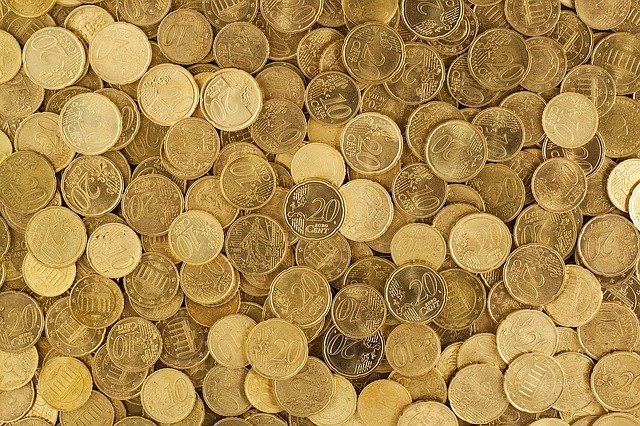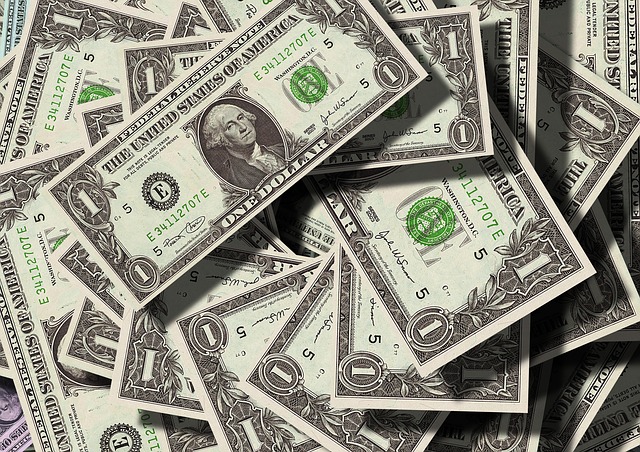Until money sees the light of day
Money is talked about today and every day, but do you know how and under what circumstances it entered the lives of our ancestors and by extension our lives?
A little history
Coins are in fact a means of payment, made in earlier times from shells and later from precious metals, whose weight and purity were guaranteed by casting. Coins preceded the so-called “coins. Barter was not always possible: in the mid-10th century, cloth became an effective means of payment, replacing precious metals because of its luster, and its size was also an advantage. In Mesopotamia, silver was already used as a means of exchange in the 5th millennium BCE.
Coins
The first coins were used in Asia Minor in the late 7th century BC. Initially, coins were only weighed, but this was not practical, so they were minted. Since different countries had different currencies, the emperor Constantine (emperor of Rome after 306) tried to introduce the same type of currency. For example, Athens produced silver coins, the Mediterranean gold coins, and Rome bronze coins. [The exchange of coins and the decline in the value of precious metals in the Middle Ages led to the emergence of banking. Scarcity of metals also led to wars.
Banknotes
The predecessor of banknotes as we know them today was the bill of exchange, a wooden stick with a cutout and a fixed amount of money on it. Thus, the first paper money was produced in China in the 11th century and first appeared in Europe in 1661. At first they were not very popular. The definitive break with precious metal coins and banknotes came in the early 20th century, by which time precious metals could be exchanged for banknotes.
If mankind stopped using precious metals, a currency crash would occur, but this is prevented by the laws of many countries.
21st century, the end of paper money?
Although credit cards and other technologies will be heavily used in the 21st century, the abolition of paper money is not yet feared. So far, no country on earth has taken up the proposal to abolish paper money.